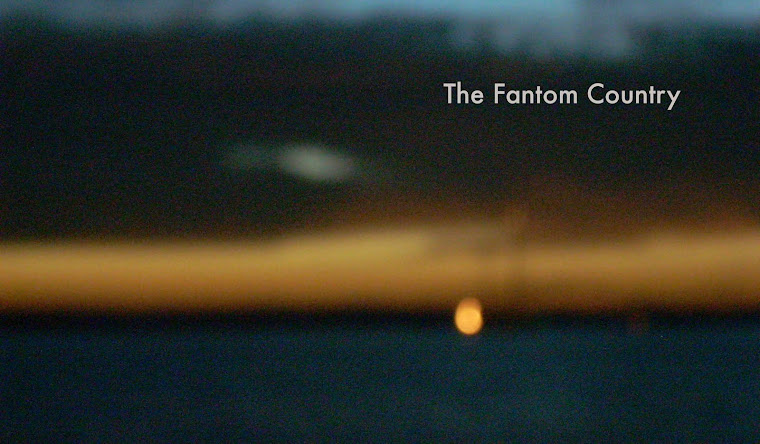


The first screening of the 2011 Images Festival (not counting the “bonus” pre-fest ‘Landscape as Expression’ series, which included a Chris Marker) was Lou Li’s Rivers and My Father. The first river that appears in Rivers and My Father is a miniature, almost obsidian stream flowing along an undulation in some rain-dappled pavement, a gorgeous image, plucked from the banal and hoisted up onto the screen to hurl the viewer into watery reverie, one of several strong images scattered throughout the film, though the only one with such velvety texture. Shot in black and white, Rivers and My Father shifts from Canada to China and back again. It features maps, children, water and various forms of transportation, and recreates by the simplest possible means memories of the filmmaker’s father, prompted by said father’s memoir, entitled An Account at 60. The film becomes a platform for dialogue between father and son. Stories are told over suppers and lunches. Dudes wearing fanny-packs push scooters up stone steps. A child rides a train with a broken leg. The whole thing ends, delightfully, with a detailed critique of the film thus far from the father and the son’s equally exhaustive response. The tone remains tranquil, or sometimes just sleepy, with the filmmaker’s soft-spoken voice-over and the film’s hazy grey scale. Certain sequences lack rhythm, while others come to life via stirring discoveries or amusing discrepancies, or thanks to a quiet sense of mischief that arises in unexpected moments. Rivers and My Father won this year’s Images Prize.

Lina Rodriguez’s silent, three-minute ‘Einschnitte,’ screened in the 'Stone and Salt and Stars and Skin' program, was gleaned from three rolls of Super 8 shot while the filmmaker traversed Europe before being blown up to 35mm. It is a collage of details of aging monuments, never providing context nor revealing the sculptures in full, thus stripping them of their ostensible meanings and emphasizing surface. The imprint of history lies only in the sensual smoothness of time’s eroding effects. There are many cuts given the subject and run-time, and through these cuts we sense a suppleness, a fluidity in the immobile. That’s the element I found most alluring. The feeling that one carved slab of stone was reaching out to touch another.

Images closed with a work that combined old images with new sounds. Tod Browning’s exotic, progeny-obsessed 1928 revenge drama West of Zanzibar was shown in a 35mm print, courtesy of George Eastman House, in the hidden yet massive subterranean movie palace that is the domain of Toronto Underground Cinema. A live score was performed by Toronto’s own Fucked Up, a band that if nothing else possesses the ideal moniker to accompany Browning’s wonderfully perverse masterpiece, in which the amazing Lon Chaney, with lame legs and shaved head, lives in an African veldt where he turns the natives into slaves and fellow American ex-pats into drunkards, patiently plots against the man who cuckolded him 20 years ago, and snuggles a chimp. Fucked Up constructs a colossal sound from the get-go, with two-chord snap-crackle building and building along to thunderous drums. Eventually you get thundered out: the thunder is utterly impressive in its own right, yet makes it tough to fully become absorbed in the bizarre narrative unfolding and the subtleties of Chaney’s performance in particular. The term ‘silent film’ is something of a misnomer generally, but when Fucked Up arrive on the scene it assumes a new level of irony. I did very much enjoy the well-oiled African dancers rocking out to what becomes the world’s loudest acoustic guitar performance.

No comments:
Post a Comment